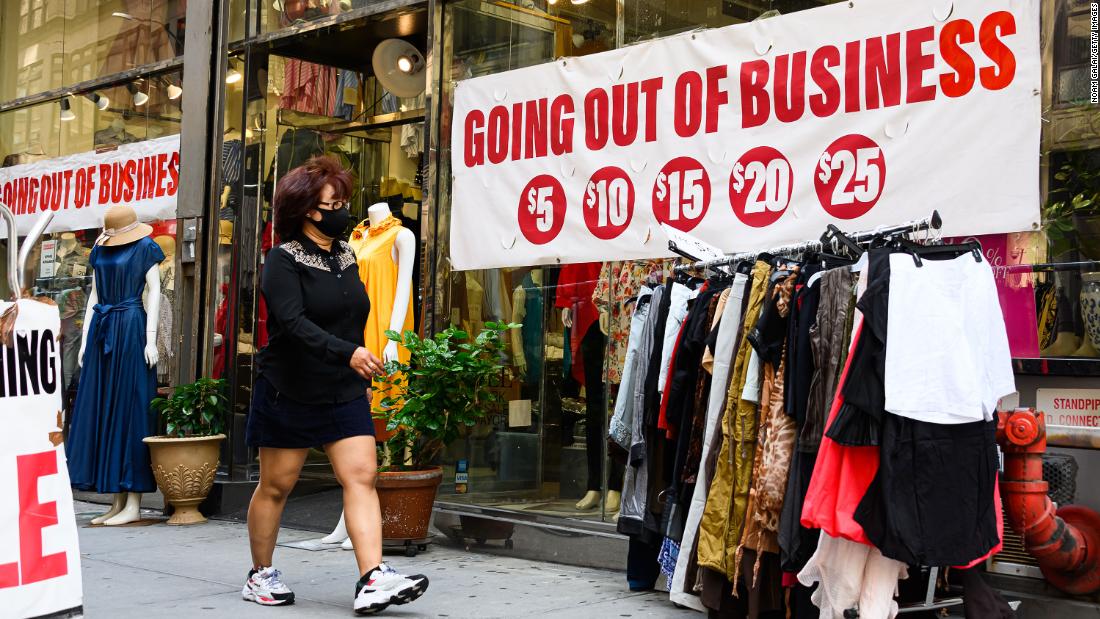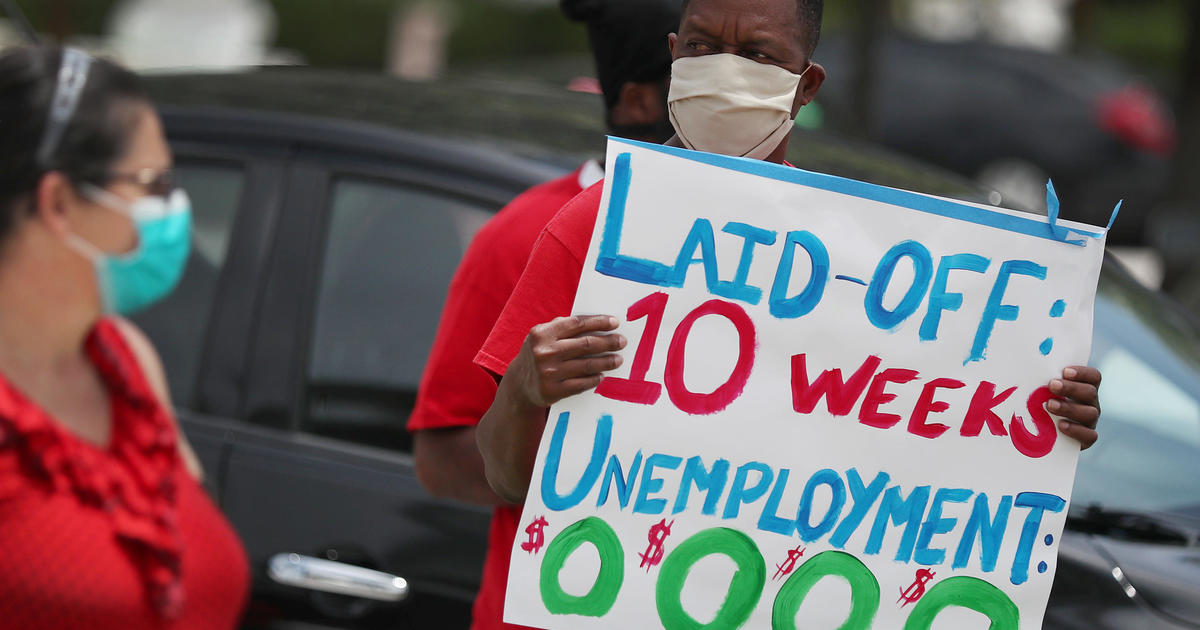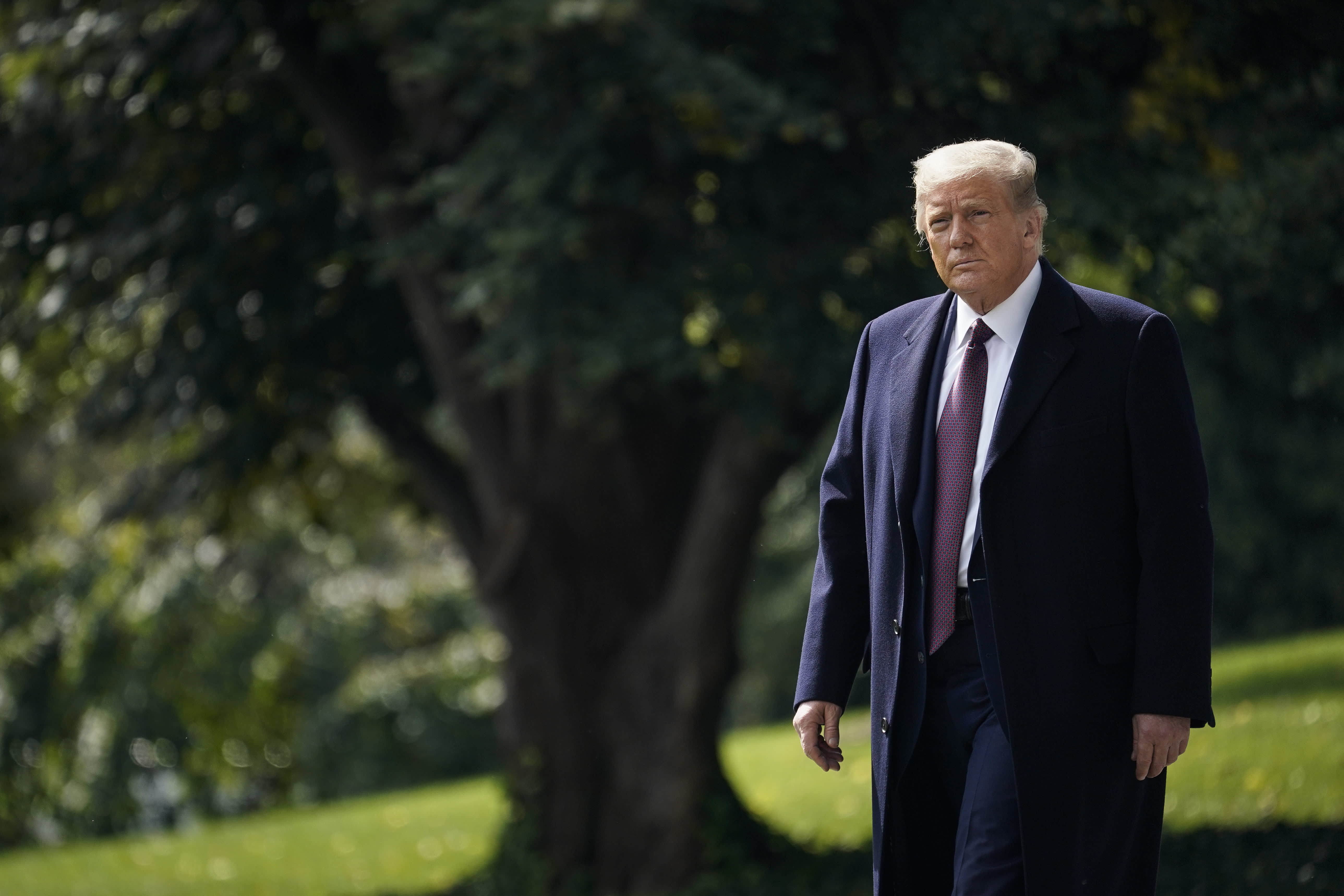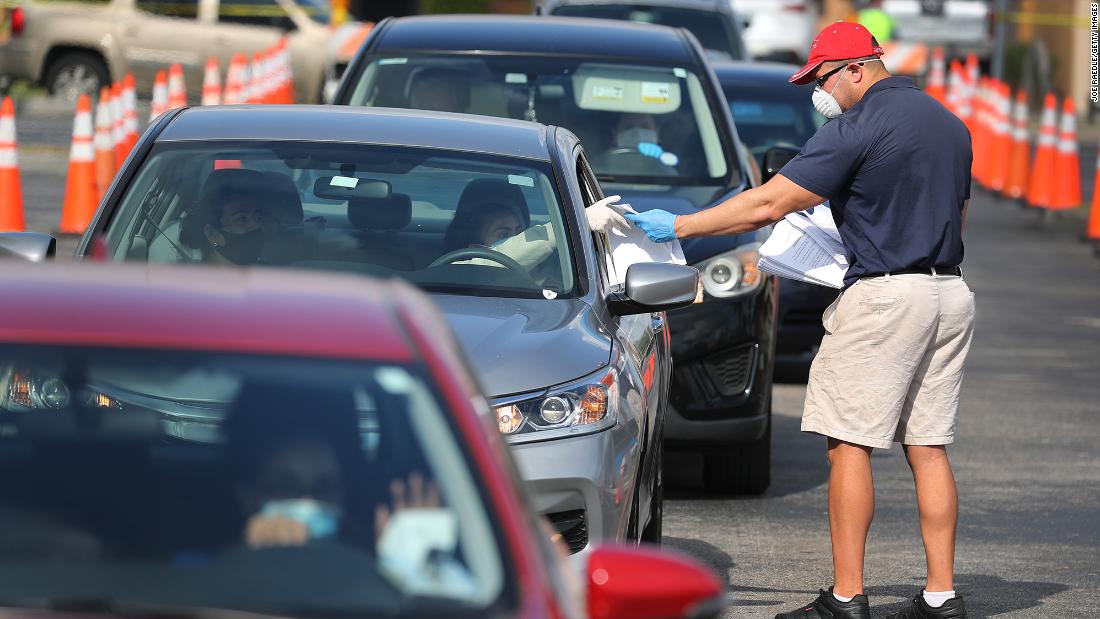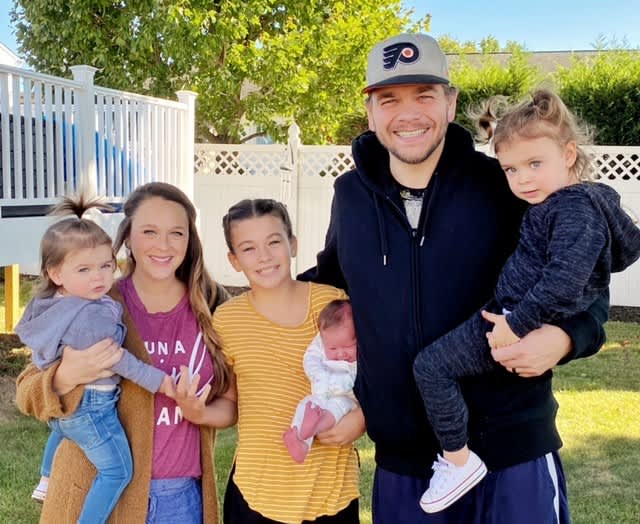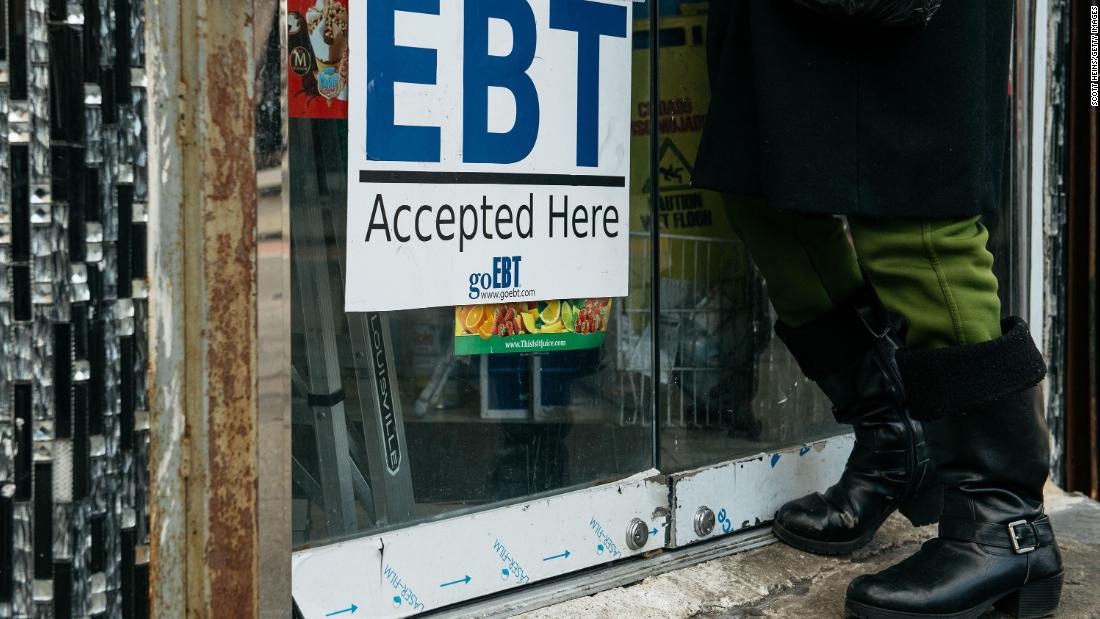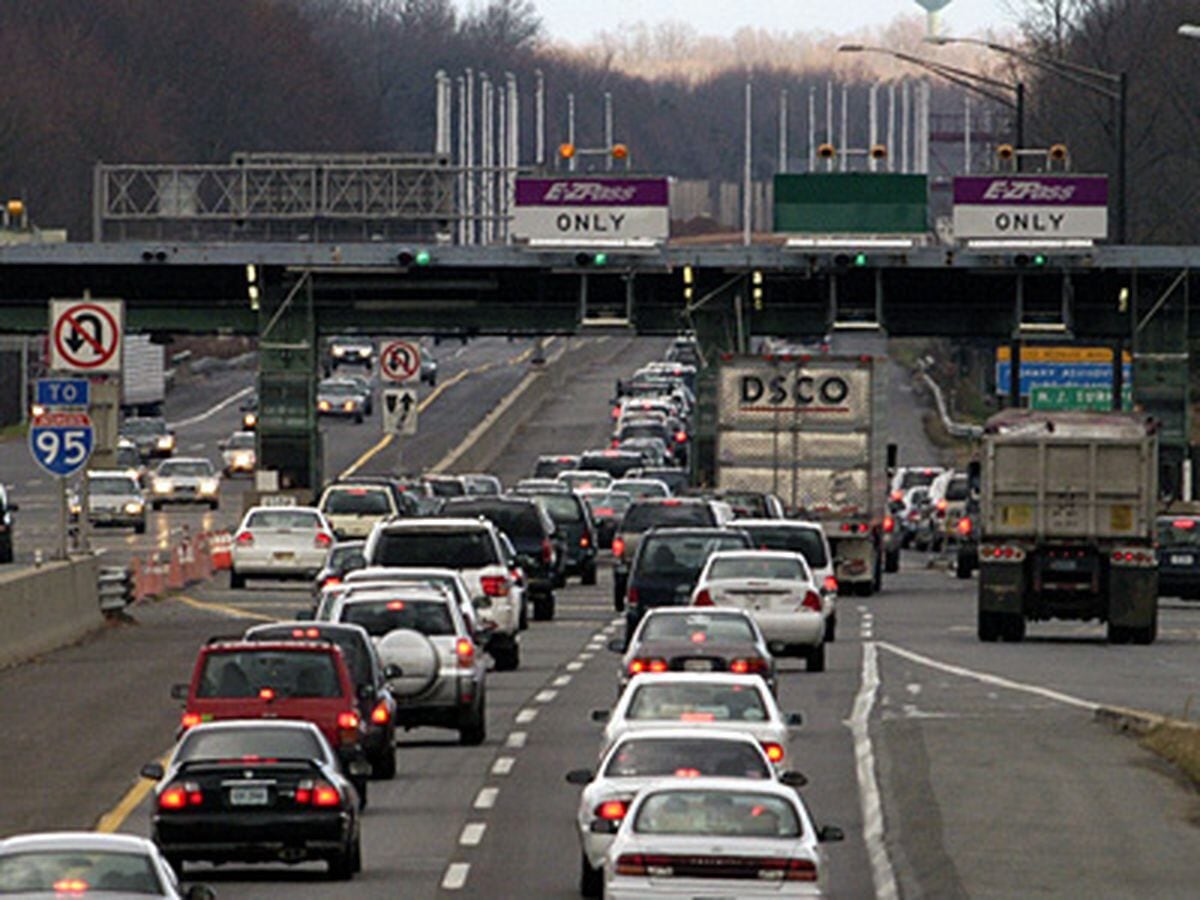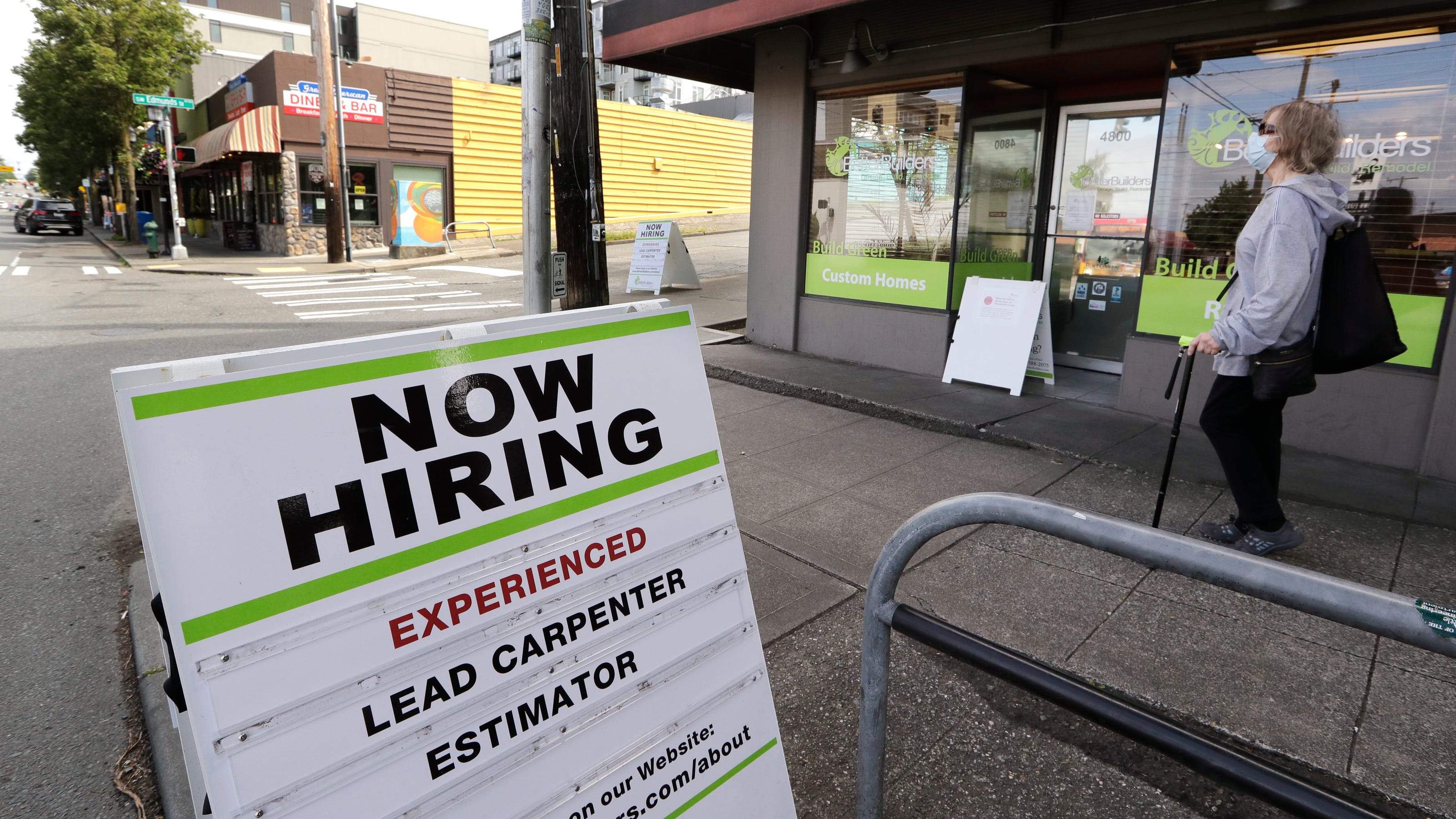The comeback since the start of the pandemic is kind to those who can work from home, to firms serving them and to regions hospitable to them. Left behind are the less-educated, old-line businesses and areas dependent on tourism. Rising wealth coincides with lines at food banks.
‘A devastating experience:’ Temporary layoffs just became permanent for millions of American workers
Jennifer Lorincz loved her job as a sales manager for a fabric company, even though it meant traveling across six states from New York to Indiana. But in August, she joined what has become the fastest growing part of the labor market — workers who have permanently lost their job.
Tens of thousands of workers in Ohio, Pennsylvania and other states must repay the funds or have their aid docked.
President Donald Trump called off negotiations between the White House and congressional Democrats Tuesday afternoon, dashing hopes of another weekly supplement to unemployment benefits.
A new analysis shows that coverage levels fell for a third straight year. And that was before the pandemic struck.
Just over 4 million more Americans turned to Medicaid last spring as the coronavirus pandemic upended the nation’s economy, new federal data released Wednesday shows.
Two years ago, about 12% of American households reported they didn’t have enough food. Since the COVID-19 pandemic began, that number has nearly doubled. It’s even more severe for Black and Hispanic families.
In December, Illinois will be the first state in the nation to provide Medicaid-like coverage for hundreds of undocumented immigrant seniors 65 and older.
The results of a B.C. research project that gave thousands of dollars to homeless people are in and, according to one researcher, could challenge stereotypes about people “living on the margins.”


